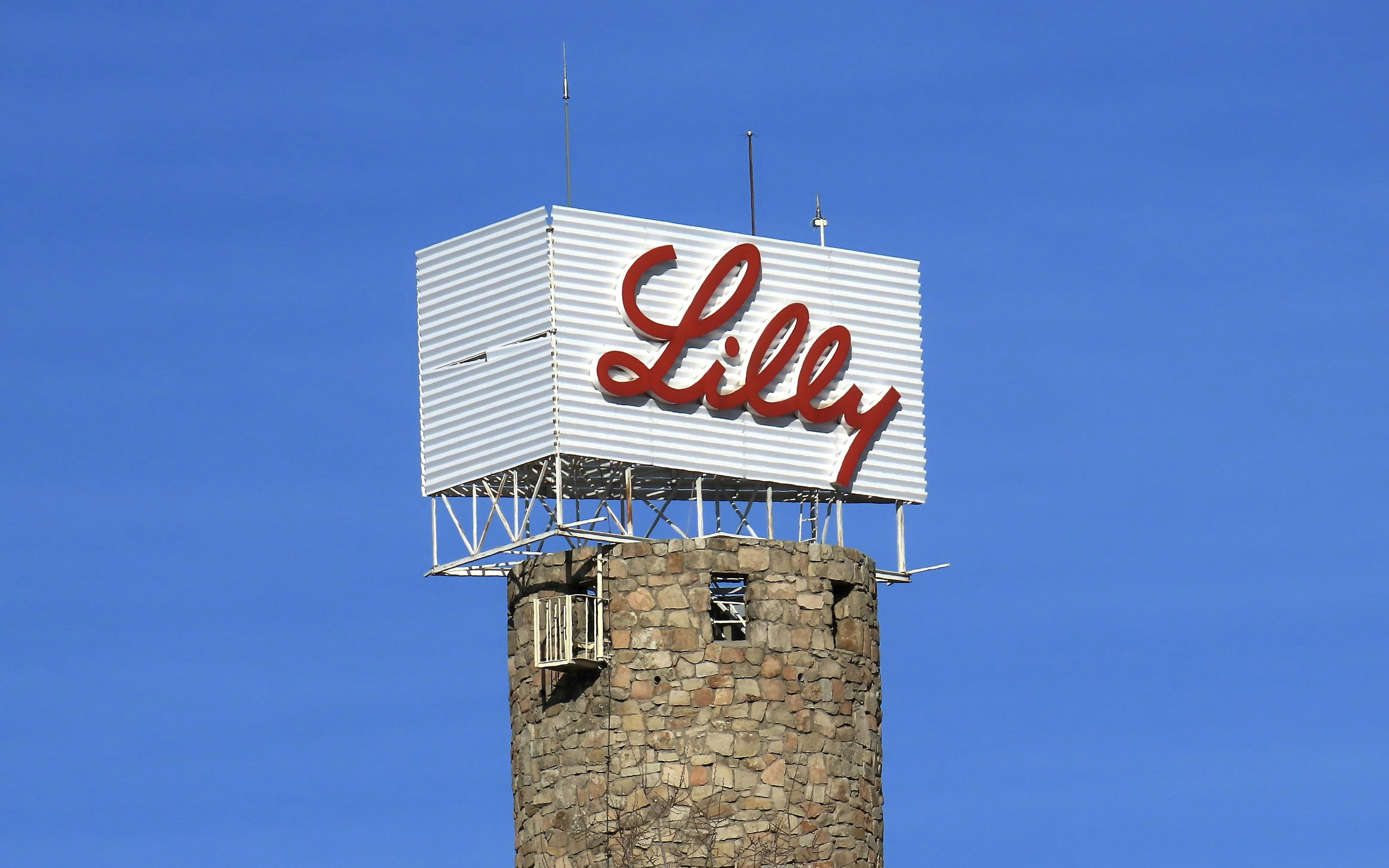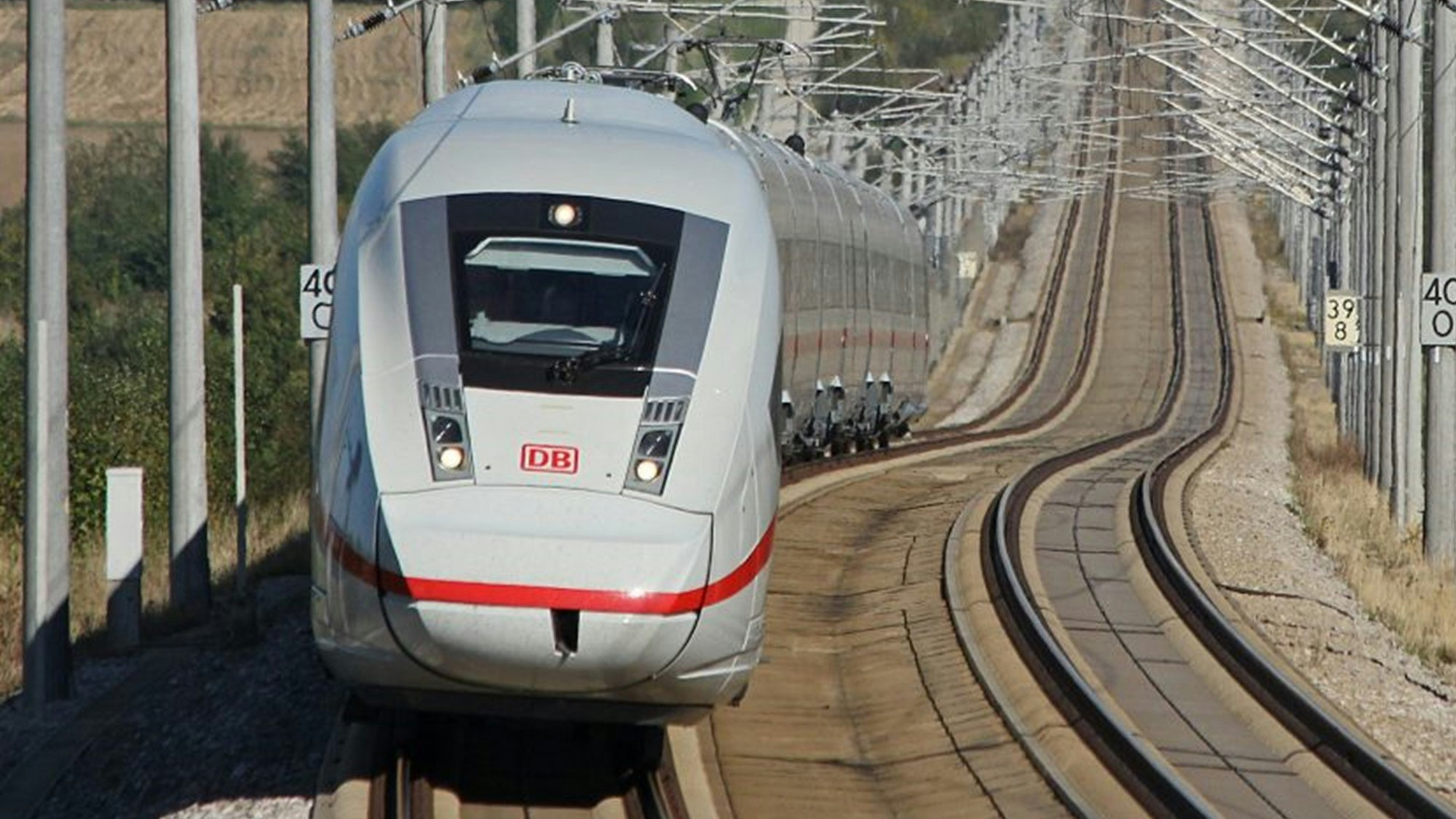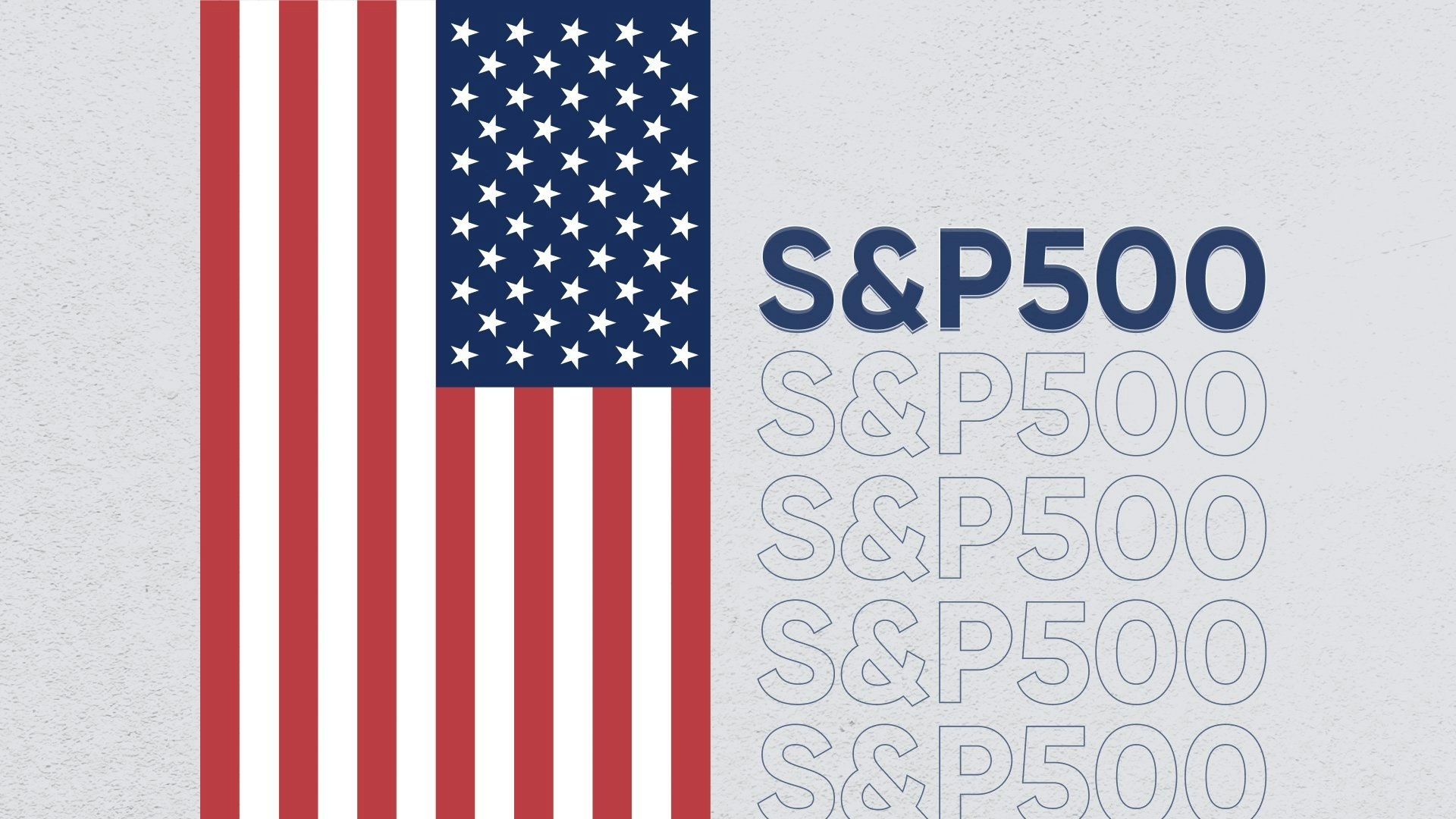Pharma
Eli Lilly buys gene-editing company Verve for up to 1.3 billion dollars
Eli Lilly strengthens its pipeline in the strategic growth area of gene therapy with the multi-billion dollar acquisition of Verve.

The US pharmaceutical company Eli Lilly is acquiring the biotech company Verve Therapeutics for up to 1.3 billion dollars. Through the acquisition, the world's most valuable drug manufacturer secures access to an experimental gene therapy for lowering cholesterol levels – a strategic move to strengthen its own pipeline.
Lilly pays around 1 billion dollars in cash for the publicly traded company whose main product is a therapy based on Crispr technology targeting the PCSK9 gene. An additional 300 million dollars will follow upon reaching clinical milestones. This corresponds to a total value of 13.50 dollars per share - more than double the average price of the last 30 days.
Verve had successfully completed a Phase I study with its gene therapy this year. The drug is intended to address not only familial hypercholesterolemia but also early stages of coronary heart disease. The start of Phase II studies is planned for 2024.
Lilly thus remains true to its acquisitive line: instead of large-scale acquisitions, the company focuses specifically on research-intensive projects in early development stages. Recently, the company has concluded agreements with Scorpion Therapeutics (cancer, up to $2.5 billion) and SiteOne Therapeutics (pain therapy, up to $1 billion).
The industry is currently in a difficult phase: Many biotech stocks, including Verve, have significantly lost value since the hype year 2021, when Verve was listed at $74. At the same time, political uncertainties such as possible tariffs under President Trump and regulatory shifts under the new US Health Secretary Robert F. Kennedy Jr. are weighing on the prospects.
Nevertheless, larger transactions are increasing again: Sanofi acquired Blueprint Medicines for up to $9.5 billion, Bristol Myers Squibb agreed to an up to $11.1 billion cancer immunotherapy partnership with BioNTech.
Unlike many competitors, Eli Lilly does not rely on acquisitions to offset looming revenue losses from patent expirations. The blockbuster drugs Mounjaro and Zepbound for diabetes and obesity alone are expected to generate more than $30 billion this year.
The completion of the Verve acquisition is expected in the third quarter. Kirkland & Ellis advises Lilly legally, while Verve is supported by Centerview Partners, Guggenheim Securities, and Paul Weiss.






